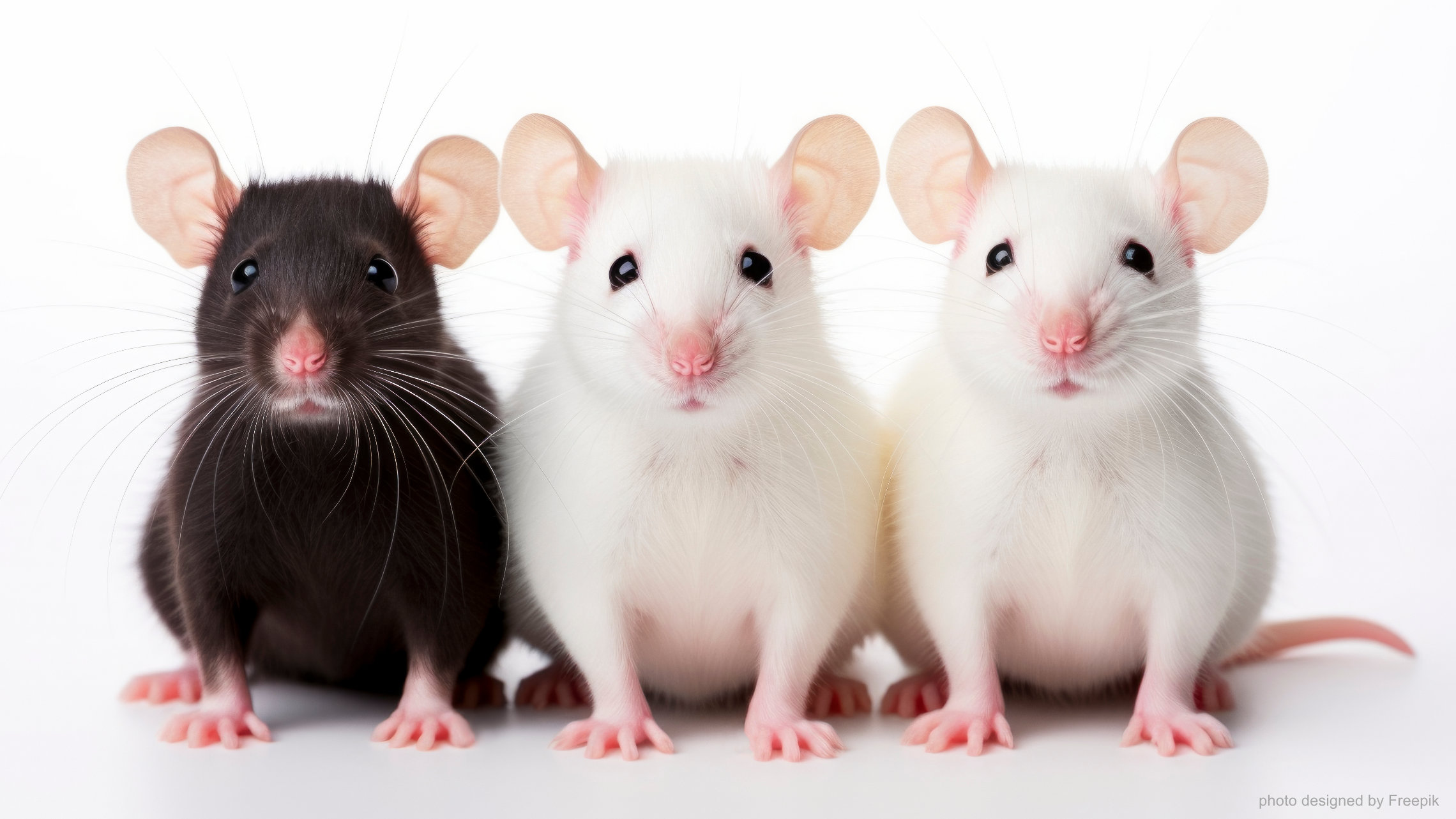
Acquiring Animals
Animals for use in research protocols at Emory DAR may be acquired in a number of ways. Ordering animals from approved vendors is one way. Animals may also be imported from other universities, bred and weaned on campus and procured from other investigators.
Acquisition, Quarantine, Transfer and Use
General
Animals acquired for research must be used under a specific, approved IACUC protocol.
Acquired animals must be stabilized for at least 72 hours prior to use unless an exemption has been specifically approved by the IACUC.
Animals must be acquired from DAR approved animal vendors and ordered through the animal resources office. Animals from non-commercial sources, or those wild-caught or unconditioned, require veterinary approval and must be quarantined (in-house or external) or undergo rederivation if they don't meet veterinary standards.
Approved animal vendors are subject to change, but currently include the following:
- Charles River Laboratories
- The Jackson Laboratory
- Taconic Biosciences
- Inotiv GEMS Facility (St. Louis, MO)
- NIH (including NIA and NCI)
- MMRRC - UC Davis, Univ. of Missouri, and JAX
- RRRC - Univ. of Missouri
- Elm Hill Labs
- Triple F Farms
- Marshall BioResources
- Sinclair BioReSources
- Premier BioSource
- Archer Farms
- Xenopus Express - with closed colony practices
- Xenopus 1 - with closed colony practices
Animals may be transported between rooms or buildings if they meet the health requirements of the destination. Internal transport requests must be submitted via RedCap.
To transfer animals to affiliated institutions such as the Atlanta VA, Morehouse, or other local institutions, approval is required through a RedCap request for the DAR Transfers (Import/Export) team. Transfers to ENPRC are determined on a case-by-case basis, with oversight from both the DAR Transfers team and the veterinary team at ENPRC.
Rodents
Numerous infectious agents can interfere with research in laboratory rodents. To protect research colonies from infectious agents, all rodents originating from non-Emory-approved vendors must be requested through DAR’s Transfers (Import/Export) team, properly vetted, and go through quarantine before release. HSRB-1 is an exception and can only receive animals directly from Emory-approved vendors or by rederivation through Emory’s Transgenic Mouse and Gene Targeting Core.
Research activities during quarantine are restricted, but Q-Lite is available for short-term acute projects. If using Q-Lite, the personnel involved must complete documented BSL2 orientation and training, and the PI must agree to abide by the management standards.
Live rodents may only exit quarantine for necropsy or after veterinary staff confirms they meet the required health standards. Infected rodents must either be euthanized or treated to eliminate infection before release. Rodents that pass health checks will be released to their designated facility and room.
How to Acquire Animals for Your Research
Ordering Animals
All animals purchased for use in research at Emory DAR must be ordered from our list of approved vendors. As a rule, animal deliveries occur every Monday & Tuesday (with the exception of University holidays).
Managed Breeding Services
The Managed Breeding Service (or "MBS", sometimes also referred to as "Colony") is a fee-for-service elective enterprise offered by DAR to the Emory research community. Through this, DAR maintains and manages colonies of research mice for the investigators.
Import/Export of Animals
Animals may be imported to DAR from other universities and organizations using one of the four options: 1) Sperm rederivation via IVF; 2) Embryo rederivation; 3) Acute Studies ("Quarantine Lite"); and, 4) Traditional Quarantine.
Weaning By Lab
Researchers have the option of breeding within their own colonies and weaning the litters to procure more animals for their studies. Cage cards for weaned animals must be requested from DAR so the animals are properly identified and may be counted during census.
Animal Transfer Between Labs
Animals may be transferred between investigators or between protocols. Animals transferred from a protocol will be deducted from that protocols animal count and added to the receiving protocol. For this reason, DAR requires all transfers be initiated via online form for tracking purposes.
Stabilization Process (All Options)
IMPORTANT: Newly received animals should be given a period for physiologic, behavioral, and nutritional acclimation before their use, regardless of whether the animals are quarantined. Healthy, well-stabilized animals provide reliable and repeatable data.